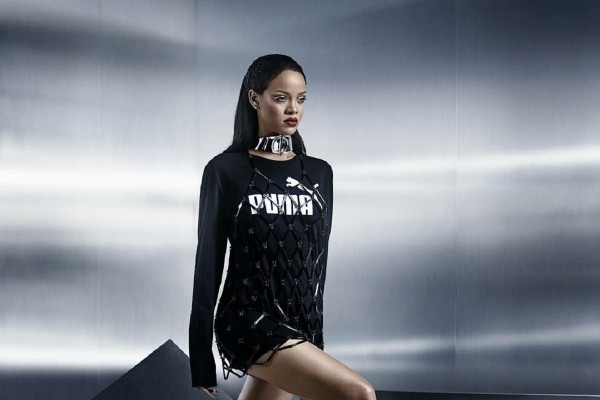TOUR DE X does not infringe TOUR DE FRANCE Trademarks
In its decision in June, 2024, the General Court of the EU upheld the decision made by the EUIPO regarding the trademark dispute between the German fitness chain FitX Beteiligungs GmbH (FitX) and Société du Tour de France, the organizer of the famous Tour de France competition.
The Court concluded that the phrase “TOUR DE” had very limited distinctive character and did not play a dominant role in the overall impression of the marks, therefore, the registration and use the disputed mark was unlikely to cause confusion.
Furthermore, the Court also considered that the use of “TOUR DE X” would not take unfair advantage or harm the reputation of the “TOUR DE FRANCE” marks.
Case Overview
The case started in May, 2017: When FitX filed an application for an EU figurative Trademark, TOUR DE X, covering goods and services in Classes 25, 28, and 41, Société du Tour de France filed an opposition before the EUIPO on the grounds of the likelihood of confusion as well as the high reputation of the earlier marks.

By citing various prior trademarks including “TOUR DE FRANCE” and “LE TOUR DE FRANCE” marks, the opposer argued that the disputed marks were designated to similar goods and services, the use of “TOUR DE X” by the trademark applicant would benefit from or harm the distinctiveness of the “TOUR DE FRANCE” marks.
The opposition was rejected by the EUIPO’s Opposition Division and later the Second Board of Appeal, as they found that there was no likelihood of confusion between “TOUR DE X” and “TOUR DE FRANCE”. They deemed that the common element of the two parties’ marks was “TOUR DE”, which had very little distinctiveness, so the use of “TOUR DE X” mark would not take unfair advantage of the “TOUR DE FRANCE” marks.
Société du Tour de France then brought the case before the General Court and requested to overturn the decision.
Court's Findings
In the recently-issued decision, the General Court upheld the EUIPO’s decision, confirming that “TOUR DE X” does not infringe the right of the “TOUR DE FRANCE” marks.
For the disputed mark, “TOUR DE” is a descriptive element, while the “X” is the dominant and distinctive part, so the similarities between the two parties’ marks are considered low in the visual, phonetic and conceptual aspects.
The Court also found no evidence that the reputation of the “TOUR DE FRANCE” trademarks extended to the phrase “TOUR DE” on its own, and it’s unlikely that the public will associate “TOUR DE X” with “TOUR DE FRANCE”.
Conclusion
The ruling highlights the importance of the distinctiveness of specific elements in a trademark. Even a well-known brand like "TOUR DE FRANCE" cannot claim exclusive rights over common or descriptive elements such as "TOUR DE."
It also serves as a reminder for trademark holders to provide solid evidence if they wish to claim that their brand's reputation extends to broader or more generic elements of their marks.


